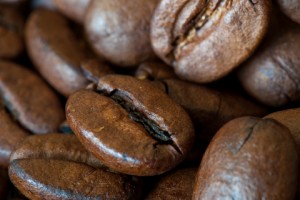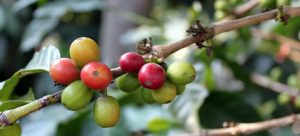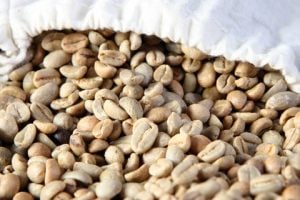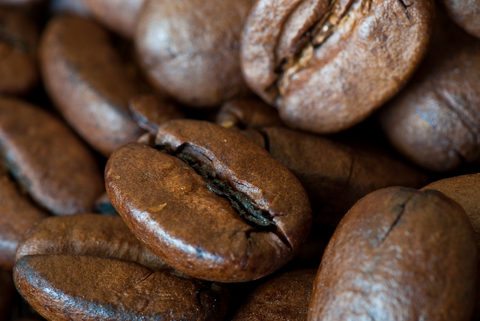Our GroCycle Mushroom Kits are the simplest and best way of growing your own delicious oyster mushrooms at home. But it’s worth taking a moment to consider the enormous journey that these coffee beans have been on before they find their way into your kit.

The coffee tree is a bit picky when it comes to things like altitude and temperature and most of the coffee we drink is grown in what is called the “Bean Belt.”
This belt spans across continents and the largest coffee producing countries are Brazil, Columbia, Ethiopia, Vietnam and Indonesia.
With more than 7 million tons of coffee beans produced globally each year, this industry creates a livelihood for more than 25 million people involved in the production.

The only thing that we coffee lovers are after is the cherry of the coffee plant which, when it turns red, is ready for harvest.
These cherries will now need to be dried, milled, packed and shipped thousands of miles around the world.

The beans that we use are dark and aromatic thanks to the roasting process, which is carried out in order to transform the natural sugars, fats and starches within the beans – further developing the flavor of the coffee.
The beans are then delivered to the cafés, where they are finely ground and loaded in to espresso machines to produce the perfect cup of coffee for you to enjoy.

This long chain usually ends here with the grounds being emptied into the bin and sent off to landfill.
After all this effort and with less than 1 percent of the coffee biomass actually ending up in the cup, it’s clearly a hugely wasteful process to just value the cup of coffee.
The beans have been grown, dried, milled, packed, shipped half way across the world, roasted, ground and brewed and then they’re just thrown in the bin!
However, there is some good news for those mourning all of that waste. At GroCycle, we make all this energy go further by taking the enormous unused coffee waste stream and using it as the compost to grow delicious oyster mushrooms!
And after you’ve grown your mushrooms, there’s still loads of nutrient left in the bag, so you can also use the remaining compost in your garden as a soil amendment.
Pretty cool huh?!

If you’re ready to get started growing mushrooms on coffee grounds, take a look at our in-depth mushroom growing courses.
